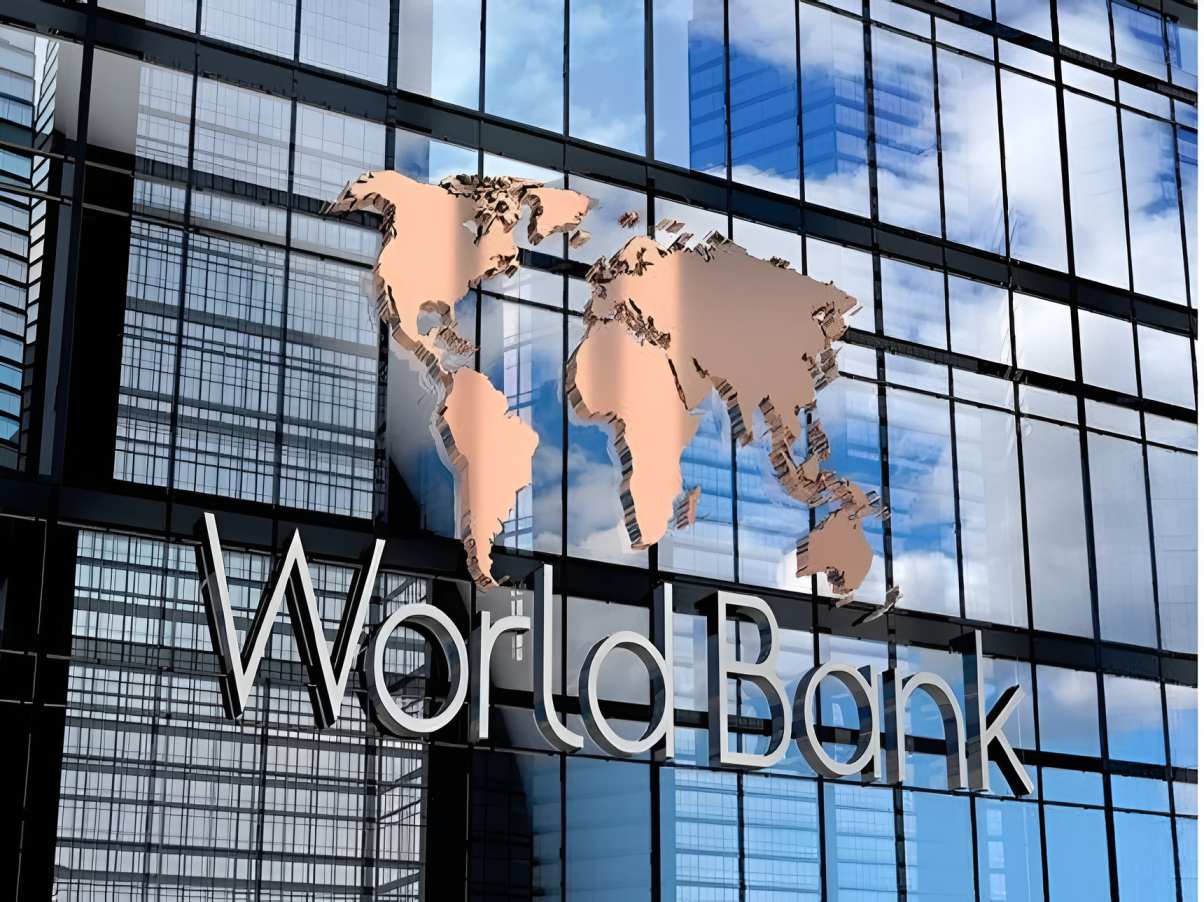Sh16.5bn World Bank boost targets 12 million vulnerable Kenyans

The initiative is expected to reach more than 12 million people, building on the success of earlier efforts under the first phase of KSEIP.
The World Bank has launched a new Ksh16.5 billion program aimed at supporting millions of vulnerable Kenyans through job creation, income support and social protection measures, with a focus on the elderly, women, youth and persons with disabilities.
Known as the Second Kenya Social and Economic Inclusion Project (KSEIP2), the initiative is expected to reach more than 12 million people, building on the success of earlier efforts under the first phase of KSEIP.
The funding will be channelled through key programs to help low-income households access basic services, start income-generating activities, and deal with rising food prices and the harsh effects of climate change.
The support targets communities already enrolled in the government’s National Safety Net Program, including orphans, the elderly and people living with disabilities, through structured cash transfers and additional assistance.
“This is about helping the most vulnerable Kenyans access better opportunities and prepare for the future,” said Qimiao Fan, the World Bank Director for Kenya.
“It’s not just about handing out money, but ensuring families can support themselves in the long run through employment and better access to healthcare and education.”
The project will adopt a ‘cash-plus’ model, which combines direct cash support with extra interventions such as job training, business start-up support, and connections to pension and insurance schemes.
It also aims to promote climate-resilient livelihoods to ensure sustainability.
Young people and children will also be a major focus of KSEIP2.
The World Bank says it will invest in initiatives that support their long-term development, including nutritional programs, life skills training and education support, in a bid to prepare them for a stable and productive adulthood.
Given Kenya’s frequent droughts, especially in the northern regions, the project will include a rapid response component designed to provide emergency cash during climate-related shocks.
Shubha Chakravarty, World Bank Senior Economist and project leader, said the funding reflects Kenya’s continued dedication to lifting vulnerable families out of poverty.
“This support aligns with our goal of giving every Kenyan a fair shot at success. It focuses on building productive households rather than creating dependence,” he said.
The World Bank has previously funded similar efforts through programs such as the Kenya Youth Employment and Opportunities Project (KYEOP), which offered vocational training and seed funding to youth-led enterprises across the country.
The original Kenya Social and Economic Inclusion Project also helped thousands of households start small businesses and gain access to vital services, laying the foundation for this new phase of support.
